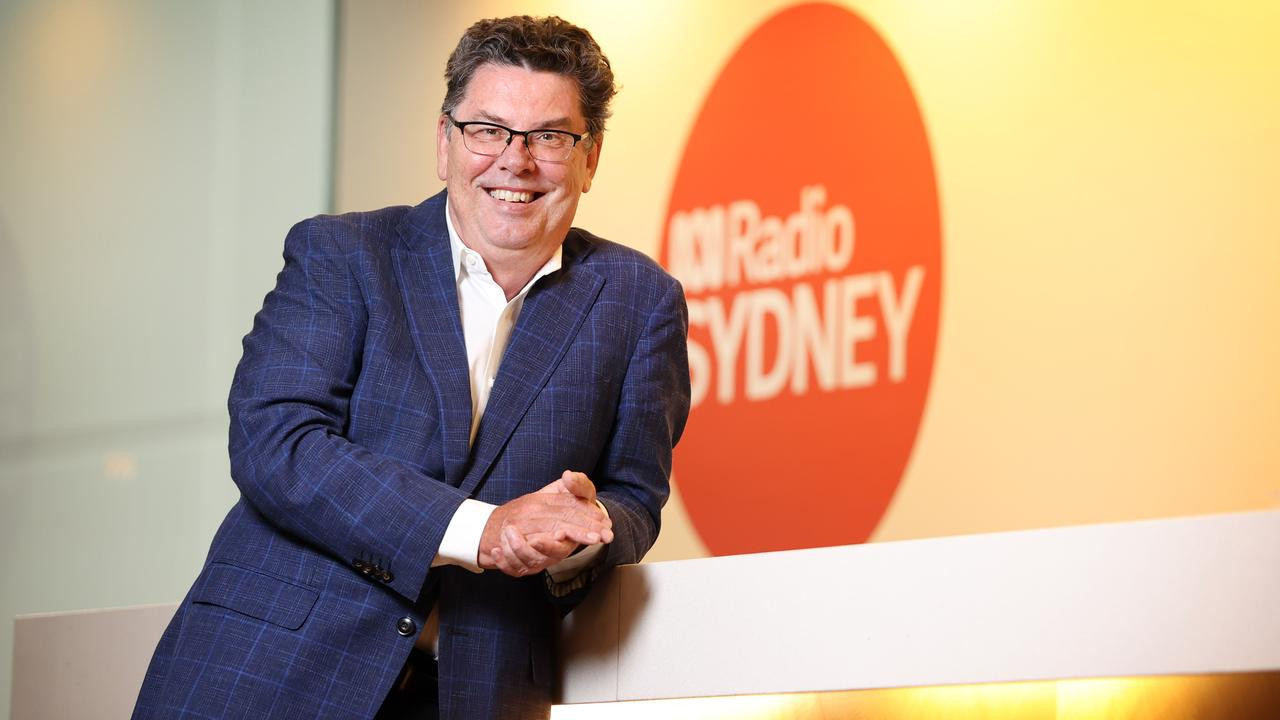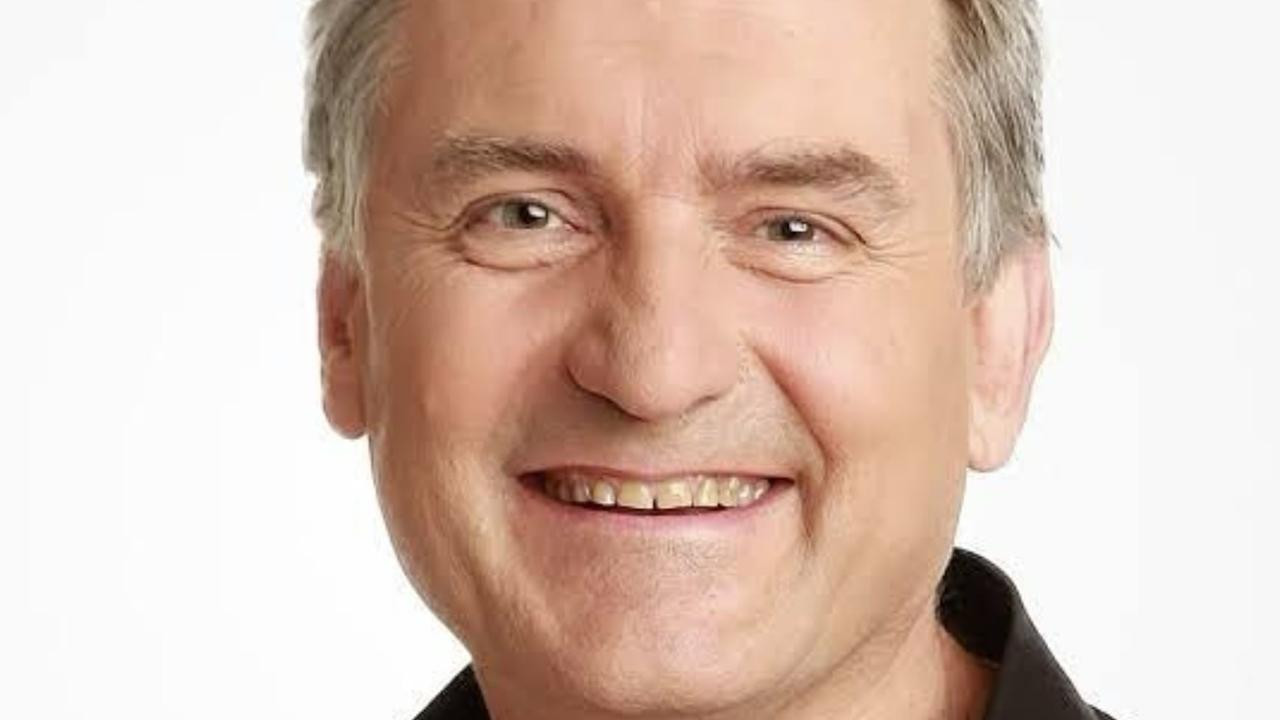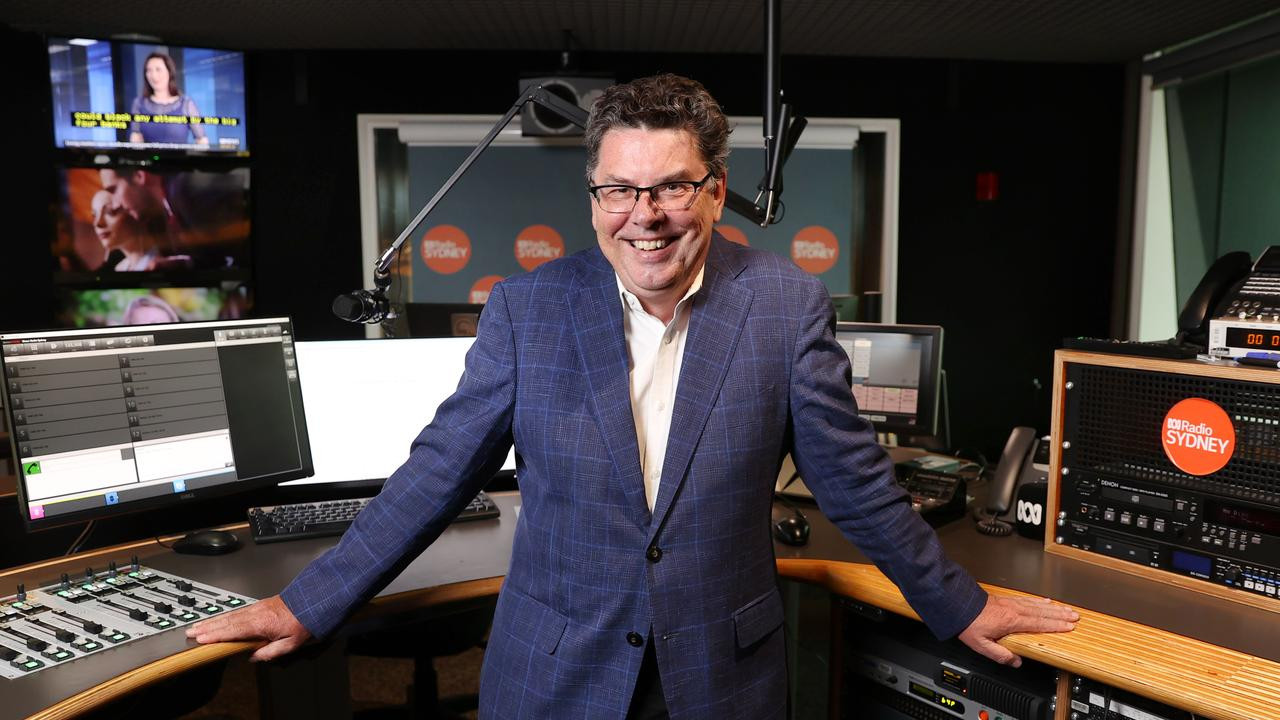Shockwaves at ABC Radio Sydney: Richard Glover's Farewell and the Unexpected Dismissals
Richard Glover, a prominent figure at ABC Radio Sydney, concluded his 26-year run as host of the Drive program on Friday. His departure, announced in October, marks the end of an era for the station, leaving listeners with a mix of nostalgia and uncertainty. Glover's final show featured a heartfelt farewell, tributes from Prime Minister Anthony Albanese, and even a touch of confusion surrounding the recent shake-ups at the broadcaster.
The End of an Era: Richard Glover's Farewell
Glover's final broadcast was a celebration of his long career, filled with emotional moments and reflections on his time at ABC Radio Sydney. He expressed gratitude towards the audience, praising their ability to discuss both serious and lighthearted topics with equal ease. Prime Minister Albanese called in to offer his congratulations, highlighting Glover's exceptional interviewing skills and his contribution to thoughtful and engaging conversations in the media landscape.
Thank God It's Friday: A Legacy of Laughter and Insight
Glover’s unique radio variety show segment, “Thank God It’s Friday,” also concluded with this farewell, ending a long run of hilarious and insightful conversations with comedians and guests. The segment, which began in 1988, has become a staple for many Radio Sydney listeners. Since 1998, a trumpet fanfare has signified the start of this weekly segment, a much-loved tradition that started when a forum about politics was replaced with something ‘lively and funny and relaxing’ by Glover.
The Mysterious Dismissal of Simon Marnie and Sarah Macdonald
The recent departures of presenters Simon Marnie and Sarah Macdonald have created a stir among listeners. Glover himself expressed bafflement at the decisions during his final show, suggesting a lack of transparency around the changes. Marnie, in an Instagram post, confirmed that he was let go as part of a restructuring of the ABC’s Weekend Mornings program. The timing and lack of explanation led to widespread speculation and criticism.
Public Outcry and Speculation
The decision to let go of Macdonald and Marnie sparked a significant backlash from loyal listeners, with many questioning the motives behind the changes and expressing concerns about the station's future direction. Social media posts revealed the disappointment of listeners who were frustrated and upset at these decisions. The ABC’s attempts to explain their decisions have seemed unconvincing to many, as the responses have not been able to quell the frustrations of a large audience.
ABC's Response and Leadership's Defense
The ABC’s director of audio, Ben Latimer, attempted to address the concerns in an all-staff email, citing evolving audience expectations and the need to adapt to a competitive environment. He emphasized a broader plan to revitalize programming and expand its reach. ABC chair Kim Williams defended the decisions during an appearance at the National Press Club, stating that such changes are an inevitable part of the media landscape, drawing comparisons to the evolution of programming structures in other organizations.
However, insider accounts suggest lingering concerns that the station's new leadership, both from commercial music backgrounds, may have misjudged their audience. The high volume of listener complaints about the sackings of presenters like Macdonald indicates a significant disconnect between management's vision and the preferences of its listeners.
Looking Ahead: A New Era for ABC Radio Sydney?
The shake-up at ABC Radio Sydney leaves many questions unanswered. While the station is moving forward with new presenters, including Chris Bath who will take over the Drive program, and Charlie Pickering for Thank God It’s Friday, the lingering uncertainty around the abrupt departures of beloved personalities like Marnie and Macdonald is palpable. The situation highlights the ongoing challenges faced by traditional media outlets in adapting to changing consumption habits and audience demands. The future direction of ABC Radio Sydney remains uncertain, and many listeners are eagerly anticipating answers while wondering about their own preferred listening choices.
The impact of these changes on audience engagement remains to be seen. However, the significant listener backlash indicates a potentially substantial risk to the station’s long-term success. The upcoming months will undoubtedly reveal how ABC Radio Sydney navigates these challenges and whether its strategy for growth ultimately resonates with its loyal listener base. Only time will tell if the ABC’s changes will grow audiences or alienate them further. Will the new programming offerings connect with the listeners who tuned in week after week to hear Glover, Marnie, and Macdonald? Will the station’s strategy to revitalize its programming pay off and generate the hoped for growth in listenership? These are some of the crucial questions that will be answered over the coming weeks and months. These changes present an important case study of the challenges and potential pitfalls faced by legacy media organizations in the face of evolving audience habits and intense competition in the media landscape. These changes will only reveal themselves over time, and the coming months will undoubtedly be telling in this evolution of ABC Radio Sydney. The situation at ABC Radio Sydney serves as a compelling reminder of the importance of understanding the dynamics of audience preference and the necessity for open communication between station management and its listeners.



















